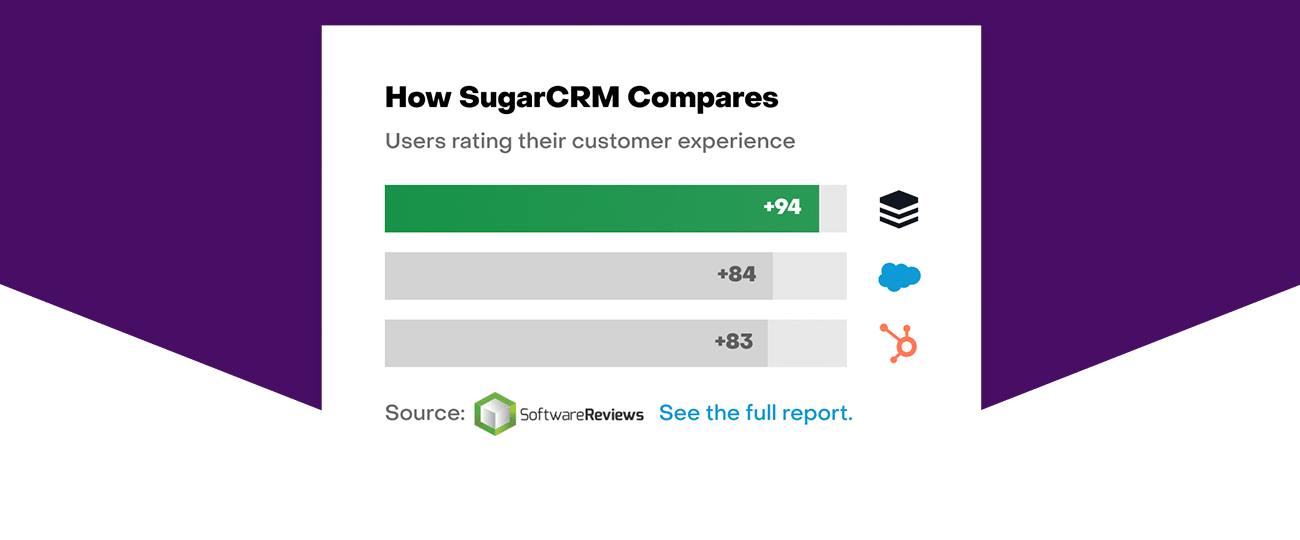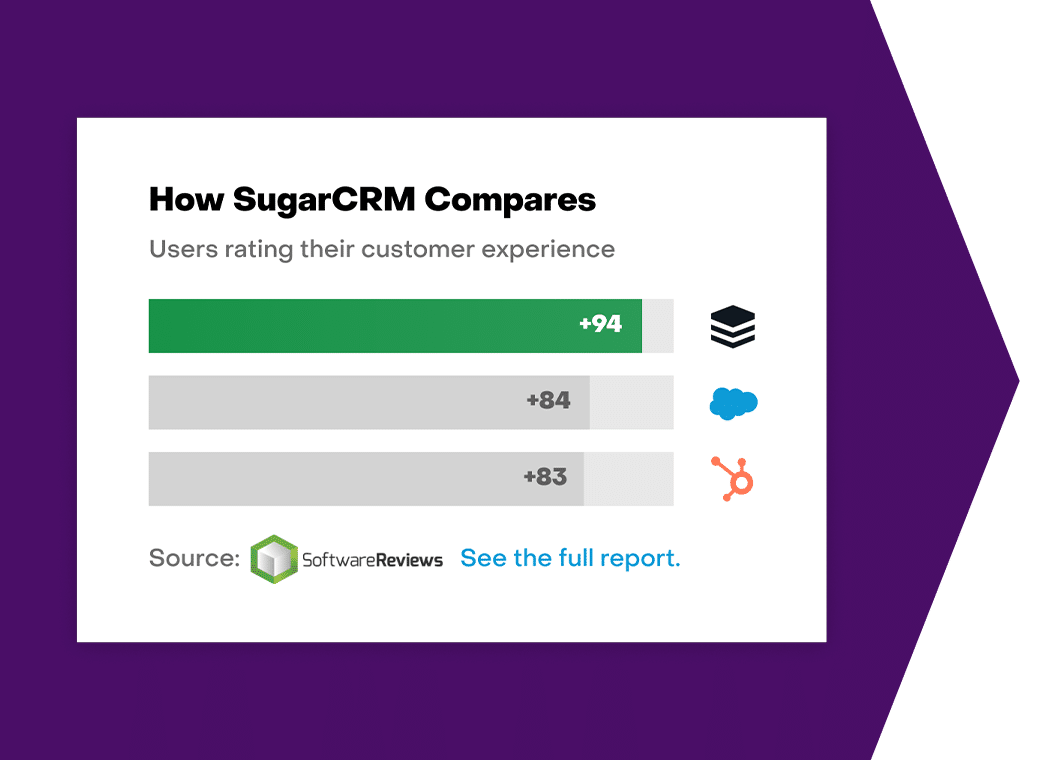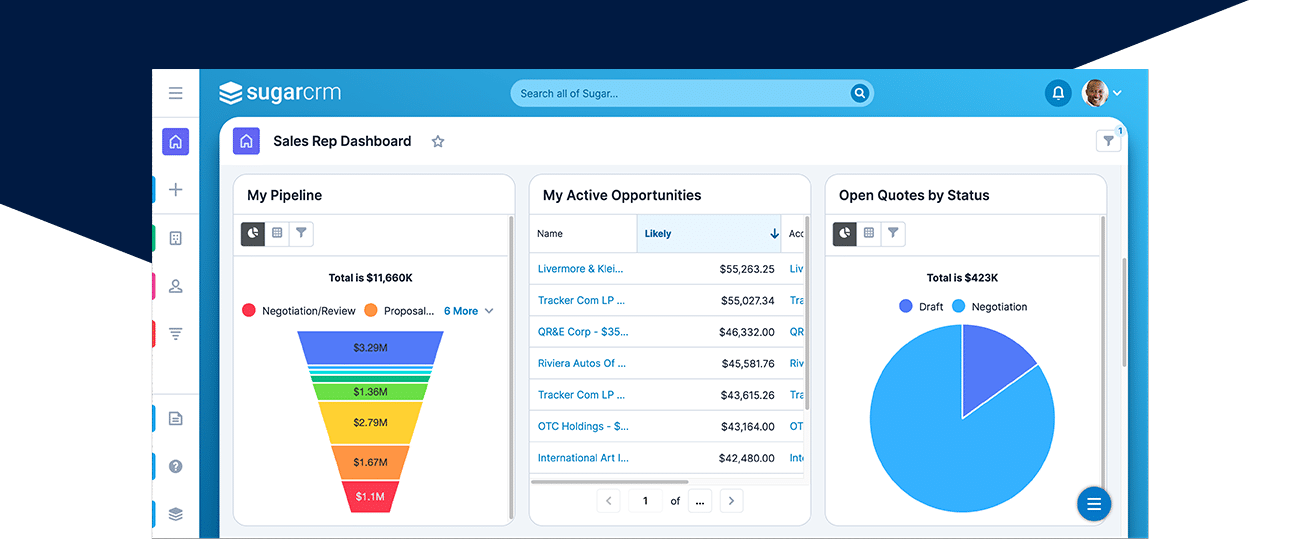Customer Experience Army of One
Practical Ways to Start Small for Big Change
Customer experience is critical, not only now but always. However, during periods of increased business uncertainty, organizations become hyper-aware of their customer experience and customer retention rates. How are the renewals? Are customers happy? Are we doing enough to make them feel empowered and enabled?
These questions are always important yet, with more eyes on the organization’s bottom line, it seems like there is an additional fervent interest in what companies are doing at the end of the customer. The customer experience has taken center stage faster than previously thought. The question then becomes, how can you catch up especially if your organization hasn’t picked up the CX baton?
Practically, you may think that the actions of one person will not amount to much, but chances are, you aren’t the only one with this concern in your company. If you’re interested in increasing your own practice of CX, you already know that this improvement will make a difference—just be patient. CX won’t change overnight, work toward a goal and improve, refine, and increase your tactics for long-term gains.
What we'll Cover:
Ask
There’s a lot to be said for a personalized treatment when it comes to dealing with customers. No two customers are alike and yet, there is a need for a standardized buyer’s journey, but it should incorporate the flexibility needed for customers. One of the things about companies that customers hate is a lack of knowledge and personability. Customers understand that you’re in the business of making money and the process exists but what they don’t want to feel like is another conquest, sale, or problem to solve—meaning don’t just go through your list of “if scenarios.”
Ask the customer what they want and listen.
Treating a customer like every other customer may work under certain circumstances but it’s nothing to write home about. That means the customer experience you’re providing is not memorable and you aren’t standing out. There’s nothing to make those customers remember you or the company before potentially switching to a competitor. Take the time to ask and listen, be empathetic to what their issue is because they are ultimately reaching out to solve a problem. Don’t assume with a customer because, more often than not, you’re going to alienate them and make them feel like they aren’t heard.
Don’t Make a Promise You Can’t Keep
Another issue often cited by customers, especially in the CRM industry, is that companies do not keep their promises. We hear that a lot here. Customers are tired of being promised the moon and stars and instead, delivered a picture book of the universe. Feeling jilted in their experience with a vendor, customers become frustrated and either become stuck and disgruntled customers or walk with their money (which is far more likely unless of course it’s their CRM).
Contrary to the way some companies deliver, promises are not meant to be broken. Follow through with your customers and make sure that if you make a promise, you keep it. It’s simple but, apparently, hard to do. There are going to be times when you make a promise and can’t keep it according to outside circumstances but make that the exception to the rule. More importantly, unless you are highly-confident in an outcome, don’t promise customers something and if they ask, tell them why. Integrity is something that has been lacking in many businesses and one of the major reasons that CX is becoming critical. Good CX is based on the integrity of the company, of the employee, and the customer—it’s a meeting of the ethics and standards we come to expect of ourselves in our business dealings.
It’s important to think about making a promise to a customer as a contract you are making with them, it might be via email or video but it’s still an understood contract; breaking that contract is damaging trust with that customer. Trust in any arena is a difficult area to build, never mind repair. When talking with a customer, take a moment to step back before you make a promise on some sweeping statement and instead, be honest. Honesty is something that the customer will respect and remember even if you cannot solve the problem they are having.
Lack of Follow Up and Through
Customers are very important; you’d be surprised how many companies don’t treat their customers like that though. CX is not only a reflection of customer satisfaction but also, reflects employee satisfaction. When companies treat customers as if they are unimportant and don’t follow through with either promises or communications, it indicates to the customer that they are not important. Though if you think about it, no business would be here without customers: Even if a business wasn’t reliant on repeat business, they would still deplete their potential customer base quickly and then liquidate. They don’t have the option to just acquire new customers because they “forgot” to follow up or through with a customer meaning that the alienation of the customer through these practices are not sustainable. Sooner or later, it will catch up with a business—don’t be that person, make sure that you follow up with customers, and keep your promises as well as follow through with any promise that you make.
It goes hand-in-hand with keeping the promises that you make. CX means that you are providing a consistent level of service through everything and that includes how you follow up with a customer, when you follow up, and how often. A good way to keep the cadence is with CRM or a marketing automation platform, but however, you decide to do so, just make sure that you do. Alienating and not following through with customers is not an option and it will result in lower revenue. It’s not just important to CX, it’s also important to business.
Learn Not Knowing is Acceptable
Why is it that most people hate to use the phrase, “I don’t know?” It’s the admittance you’re human, not a computer and while sometimes customer interaction places a sense of anxiety to always say the right thing, sometimes the right thing you just don’t know. Telling a customer that you don’t know the answer is better than grasping for an answer or even fabricating one. You are not going to know everything when it comes to customer interaction and it’s fine to admit that. Just don’t leave it there. If you don’t know the answer—find out what it is. Ask your colleagues, your friends, or customers what the answer might be.
It’s not acceptable to simply state that you don’t know and move on without finding the answer, but it doesn’t mean you are inept or unable to do your job. Customers understand that sometimes you just don’t know—maybe you’ve never encountered the issue they are facing, maybe it’s a complex answer that you only have half of at the moment. Whatever the reason behind your lack of knowledge, just admit it and relay that you will find the answer because customers will be able to sniff out the lie if you make something up and will appreciate it more. Understanding goes both ways, there are going to be discovery questions that you ask your customers that they are going to need to follow up on and get back to you with, so it may be helpful to think of this tactic in that light.
One Person No Matter What Can Make a Difference
Some of these ways to practically implement good CX during interactions with customers may seem basic, but they are the building blocks of a sound strategy. Everything, at the heart of CX, returns to the customer.
It’s not simply the magnitude of interaction with a company that makes the difference but the quality of every interaction. While you may feel like your role can only make so much difference, it’s important to understand that everyone must start somewhere, and it will pay off. CX is not an overnight strategy, it’s a growth strategy. Much like a customer relationship, good CX practices need to be nurtured, refined, and adapted as needed. Over time, your changes will not only reflect in the bottom line but also in your performance. Putting the customer first is a strategy for success, using CX takes that strategy the extra mile.
The only question that remains: How far are you willing to go?







